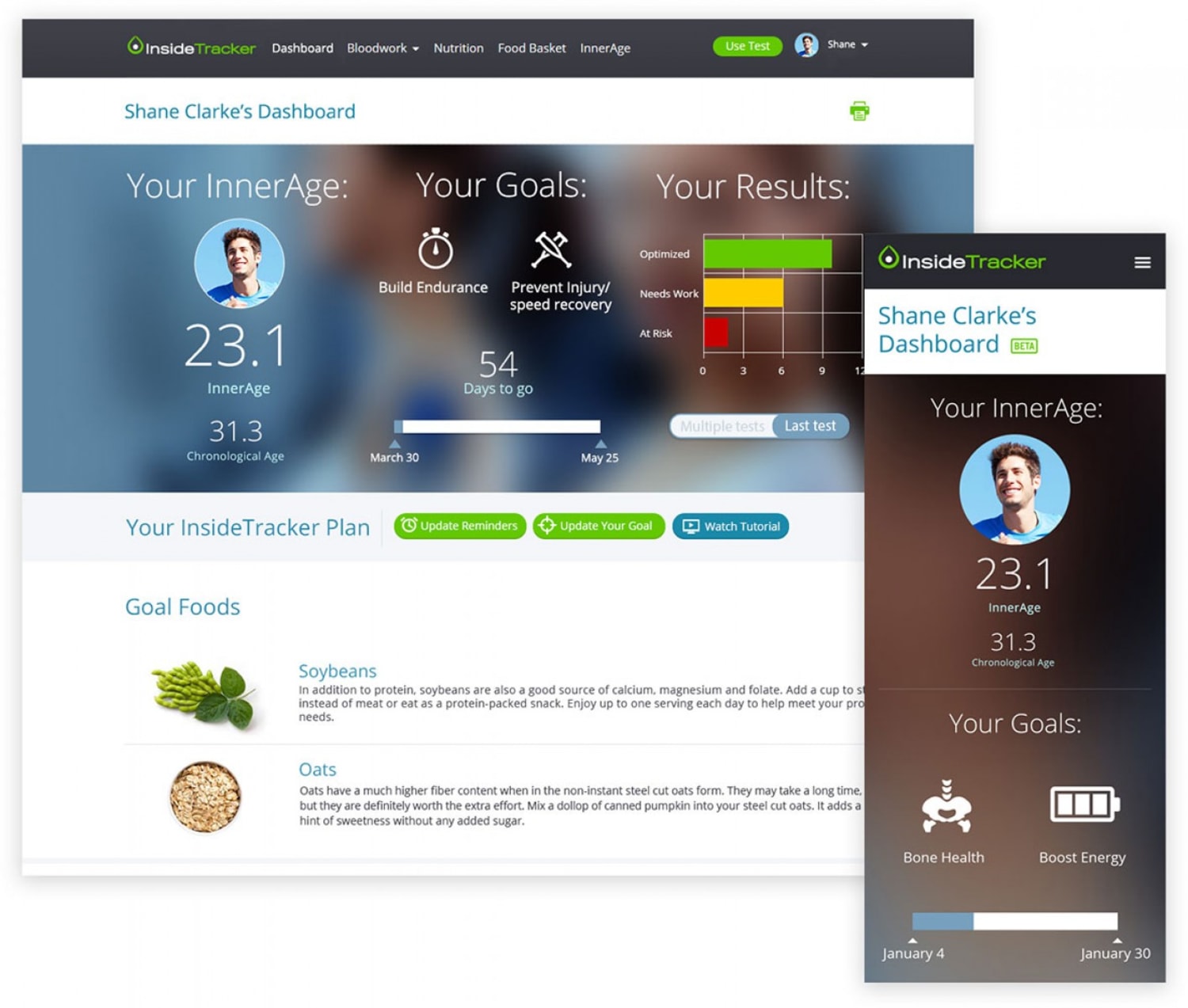Forget the Fitbit. For consumers looking to track their personal health, at-home blood tests provide personal health metrics that offer insight into everything from disease to general wellness. As technology for at-home testing advances, diagnostic tests once only accessible at the doctor’s office are now available with the convenience that consumers expect in an Amazon age.
At-home blood testing has recently been given a wellness-themed makeover, taking the technology beyond disease detection. WellnessFX offers advanced analysis of blood, genetics, and the microbiome alongside actionable suggestions to improve diet and exercise. In November, the company launched its first at-home testing kit, the $111 Lifelong Vitality package, which monitors key markers of women’s health. (More expansive packages, which require a visit to a Quest Diagnostics testing center, sell for up to $925.)
“Healthcare is moving to the home,” Paul Jacobson, CEO of WellnessFX, told the Innovation Group. “Everything we’re doing is geared toward new technology that’s making the experience of collecting samples more convenient. As that happens, eventually you’re going to get your results on your cellphone directly. You’re probably going to be able to bypass labs.”
Blueprint for Athletes is a diagnostic service that conducts detailed blood tests to measure key indicators of muscle status, endurance, nutrition and other factors that impact athletic performance. With consumer versions of Blueprint test priced at $225 to $500, the company is aiming toward serious athletes willing to pay for any data-based insights into how they might improve their performance.



